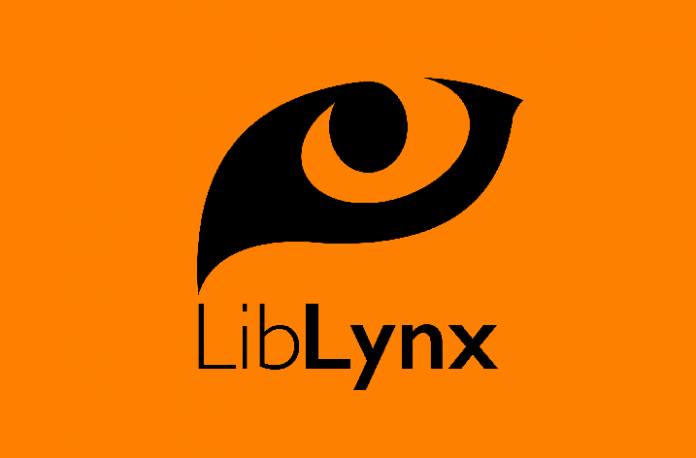
Annual Reviews has selected LibLynx to generate open access (OA) usage analytics to better understand the global impact of publishing open content in their journals and Knowable magazine.
Annual Reviews needed analytics to communicate the impact and value to institutions of supporting their Subscribe to Open (S2O) model. Under this model, once institutional subscriptions have met a sufficient level, new volumes are published OA under a Creative Commons license.
A critical element of the model is demonstrating the value to the community from making Annual Reviews content immediately available with no access barrier and no author fee. Unlike gated content, OA articles are anonymously accessed and so traditional usage metrics provide little insight into impact.
LibLynx OA Analytics provides Annual Review staff and institutional partners with granular analytics on the usage of their content. Reports identify the organizational source of usage, allowing engagement to be analyzed at the title level by country, organizational type and category, and a broad range of subject areas.
Richard Gallagher, President and Editor-in-Chief of Annual Reviews, said, “Building a picture of how and where Annual Reviews content is being used is important to us, our subscribers and our editors and authors. I am therefore delighted that we are working with Liblynx. LibLynx Analytics provides insights that will make us a more effective publisher.”
Live, on-demand dashboards can be interrogated in real time and customized for the needs of different stakeholders, including internal staff, institutional partners and authors. Analytic data can be viewed online or exported as pdfs or for further analysis in spreadsheets.
“Helping publishers build an effective case for the impact of OA publications lies at the core of our OA Analytics”, added Tim Lloyd, CEO of LibLynx. “We’re excited that Annual Reviews can use them to grow their publishing activities, and advance their mission of advancing scientific knowledge.”



























